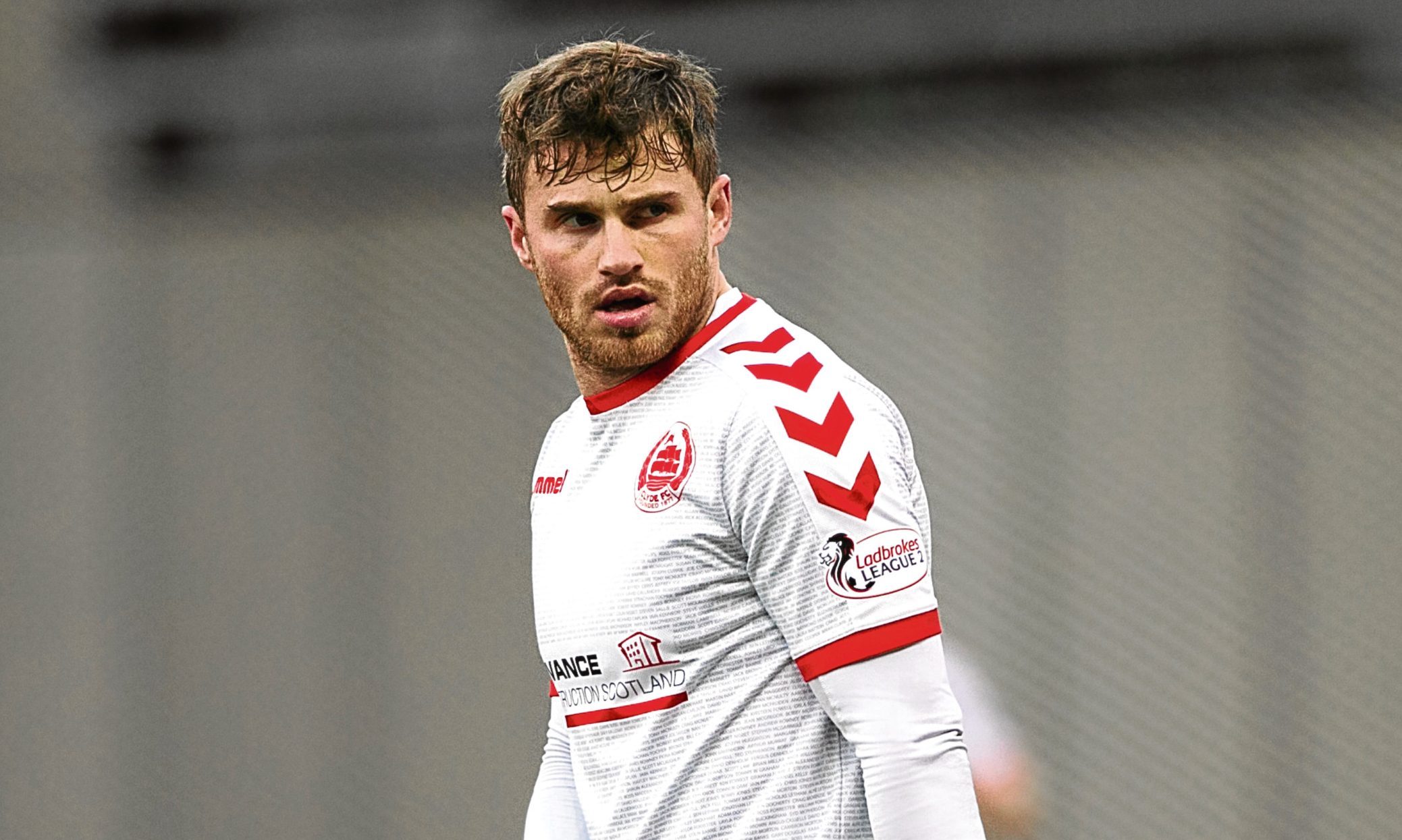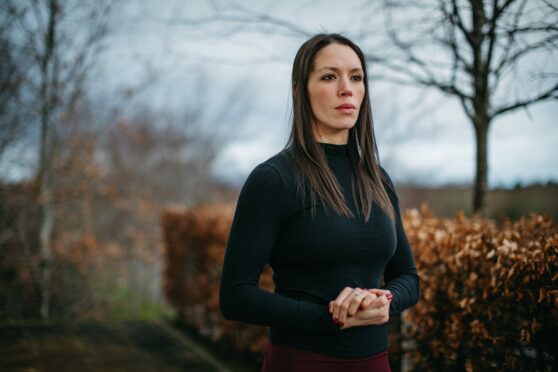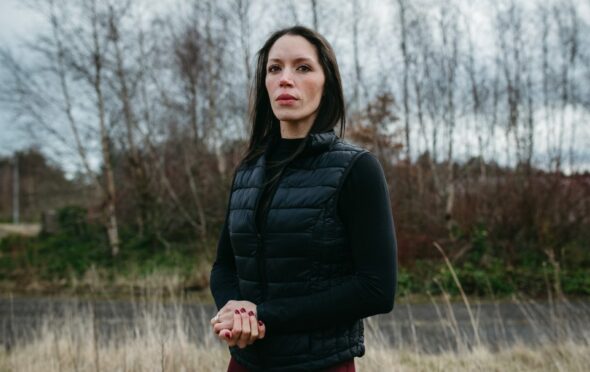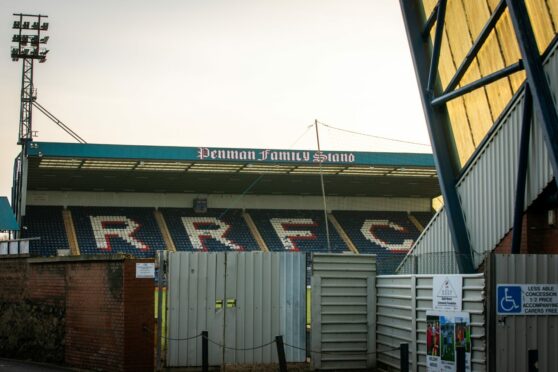
Some have described the tsunami of outrage last week at the signing of a rapist to Raith Rovers FC as a great moment for feminism.
A time when women came to the fore, took control, said “enough is enough” and ultimately forced a football club to change its mind.
But I’m not having it. In my weary eyes, this was no #MeToo moment. In fact, it has only revealed how little has changed.
It’s four years since the revelations about Harvey Weinstein opening the floodgates to women who had found their voice; they named names, detailed horrific assaults, relentless abuse, and chronicled the misogyny that blighted their everyday lives.
And, as women went into battle, it felt like a revolution. This was, we were told, a watershed. For me, it was the breaking of a dam that I had waited all my life to see. I said back then, and still say it now, this is an exhausting way for women to live our lives. To be hyper-vigilant, to second-guess, to live in fear. It takes its toll.
The triumph of the MeToo and Time’s Up campaigns was not just in calling time on the bad behaviour of one or two rogue men, it was to alter the whole mainstream perspective of how we organise our lives. It empowered us to challenge behaviour and to question consent.
The optics on our world radically changed, as if the blinkers had been truly lifted. People noticed things that before had just passed as the accepted norm, like all-male events, low-level harassment, casual sexism, and that ever-present entitlement that meant some men had always viewed women for the taking. And, amid the shockwaves, men too challenged other men. There was a realisation, at last, that this wasn’t a woman’s problem, this was about men.
It was the unpicking of an ugly scab that had festered for too long. So, yes, Raith Rovers have now done the right thing which, let’s face it, might not have been so fast without high-profile fans like Val McDermid, and the condemnation from the First Minister herself, and David Goodwillie will not now play at Stark’s Park.
That is a success and should be applauded as a win for common sense and decency. But it was too late, in my opinion, and has only succeeded in reminding women like me that, despite all the warm words of the past four years, we are still an afterthought.
Goodwillie was already playing for another team. He was the captain at Clyde. He wasn’t hiding. And the scandal in this is that, despite everything of the past four years, his signing to Raith Rovers happened in plain sight.
This wasn’t a great rising up of a feminist movement to expose a wrong. It wasn’t a revisiting of #MeToo to peel back the lid on a dirty secret that Raith Rovers had been holding close. Far from it. They press released it. They were proud of what they had done. They knew what they were getting in David Goodwillie and yet still they cracked on.
A community club with a established women’s team, a sporting hub with tentacles reaching out into all parts of Fife, touching generations of supporters, and so woven into the fabric of Kirkcaldy that its values reflect on the values of everyone that calls that town their home.
And still they signed a rapist because what mattered to them was not what that might say to women or to kids growing up cosseted in the beliefs and values of a club that their parents held dear. What mattered to Raith Rovers was that Goodwillie could score goals.
And whatever your view of the (not so) beautiful game, the simple truth is that while footballers can be role models, rapists cannot.
Why, in 2022, did the directors of Raith Rovers need to be told that?

Enjoy the convenience of having The Sunday Post delivered as a digital ePaper straight to your smartphone, tablet or computer.
Subscribe for only £5.49 a month and enjoy all the benefits of the printed paper as a digital replica.
Subscribe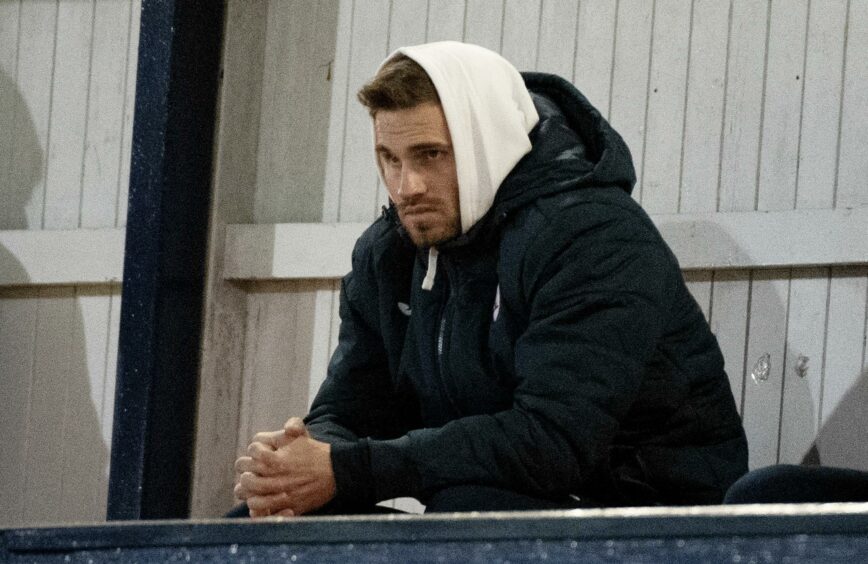 © SNS Group
© SNS Group